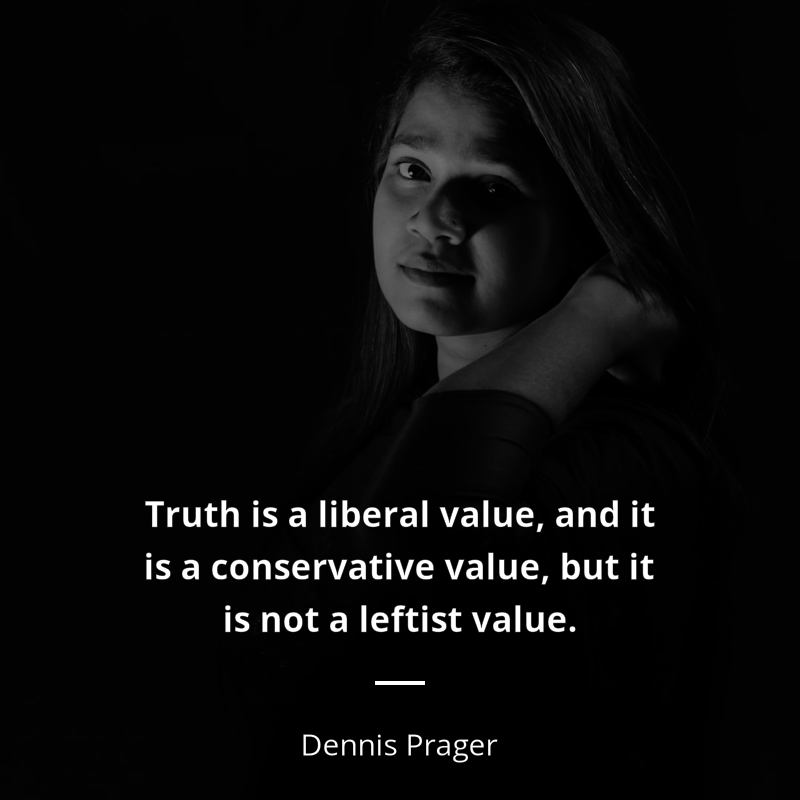Nobel lecture (1970)
Context: Who will co-ordinate these value scales, and how? Who will create for mankind one system of interpretation, valid for good and evil deeds, for the unbearable and the bearable, as they are differentiated today? Who will make clear to mankind what is really heavy and intolerable and what only grazes the skin locally? Who will direct the anger to that which is most terrible and not to that which is nearer? Who might succeed in transferring such an understanding beyond the limits of his own human experience? Who might succeed in impressing upon a bigoted, stubborn human creature the distant joy and grief of others, an understanding of dimensions and deceptions which he himself has never experienced? Propaganda, constraint, scientific proof — all are useless. But fortunately there does exist such a means in our world! That means is art. That means is literature.
They can perform a miracle: they can overcome man's detrimental peculiarity of learning only from personal experience so that the experience of other people passes him by in vain. From man to man, as he completes his brief spell on Earth, art transfers the whole weight of an unfamiliar, lifelong experience with all its burdens, its colours, its sap of life; it recreates in the flesh an unknown experience and allows us to possess it as our own.
And even more, much more than that; both countries and whole continents repeat each other's mistakes with time lapses which can amount to centuries. Then, one would think, it would all be so obvious! But no; that which some nations have already experienced, considered and rejected, is suddenly discovered by others to be the latest word. And here again, the only substitute for an experience we ourselves have never lived through is art, literature. They possess a wonderful ability: beyond distinctions of language, custom, social structure, they can convey the life experience of one whole nation to another. To an inexperienced nation they can convey a harsh national trial lasting many decades, at best sparing an entire nation from a superfluous, or mistaken, or even disastrous course, thereby curtailing the meanderings of human history.









































































